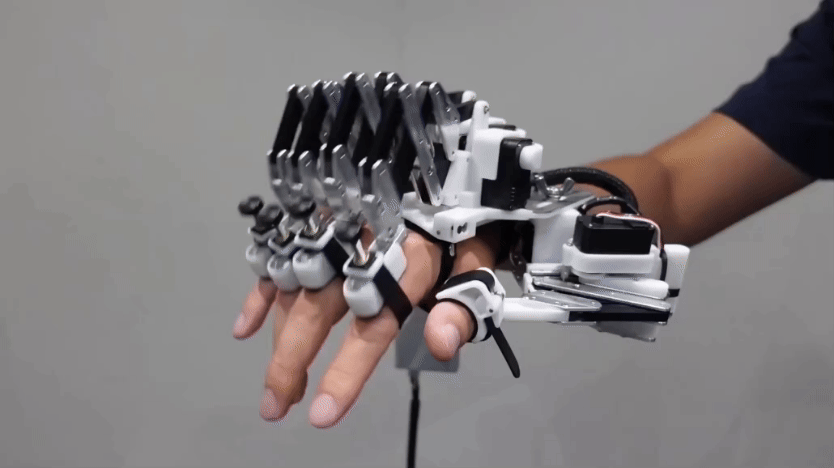addicted: Unable to control the use of a habit-forming drug or to forego an unhealthy habit (such as video game playing or phone texting). It results from an illness triggered by brain changes that occur after using some drugs or engaging in some extremely pleasurable activities. People with an addiction will feel a compelling need to engage in some behavior, such as using a drug (which can be alcohol, the nicotine in tobacco, a prescription drug or an illegal chemical such as cocaine or heroin) — even when the user knows that doing so risks severe health or legal consequences.
addiction: The National Institute of Drug Abuse defines this as a complex chronic disease that is “characterized by drug seeking and use that is compulsive, or difficult to control, despite harmful consequences.” A first exposure to drugs is usually voluntary. But repeated use of certain drugs, NIDA explains, can create changes in the brain that make it hard “to resist intense urges to take drugs.”
behavior: The way something, often a person or other organism, acts towards others, or conducts itself.
develop: To emerge or to make come into being, either naturally or through human intervention, such as by manufacturing.
fat: A natural oily or greasy substance occurring in plants and in animal bodies, especially when deposited as a layer under the skin or around certain organs. Fat’s primary role is as an energy reserve. Fat also is a vital nutrient, though it can be harmful if consumed in excessive amounts.
function: The specific role some structure or device plays.
nicotine: A colorless, oily chemical produced in tobacco and certain other plants. It creates the “buzz” associated with smoking. Highly addictive, nicotine is the substance that makes it hard for smokers to give up their use of cigarettes. The chemical is also a poison, sometimes used as a pesticide to kill insects and even some invasive snakes or frogs.
opioid: Drugs or natural substances that act on receptors (cell molecules) that can block pain signals from traveling along nerves. It can also cause euphoria, intense, pleasurable feelings of well-being. Opioids take their name from opium, a strong painkiller, which was first made from poppies, a types of flower.
organ: (in biology) Various parts of an organism that perform one or more particular functions. For instance, an ovary is an organ that makes eggs, the brain is an organ that makes sense of nerve signals and a plant’s roots are organs that take in nutrients and moisture.
salt: A compound made by combining an acid with a base (in a reaction that also creates water). The ocean contains many different salts — collectively called “sea salt.” Common table salt is a made of sodium and chlorine.
therapy: (adj. therapeutic) Treatment intended to relieve or heal a disorder.








